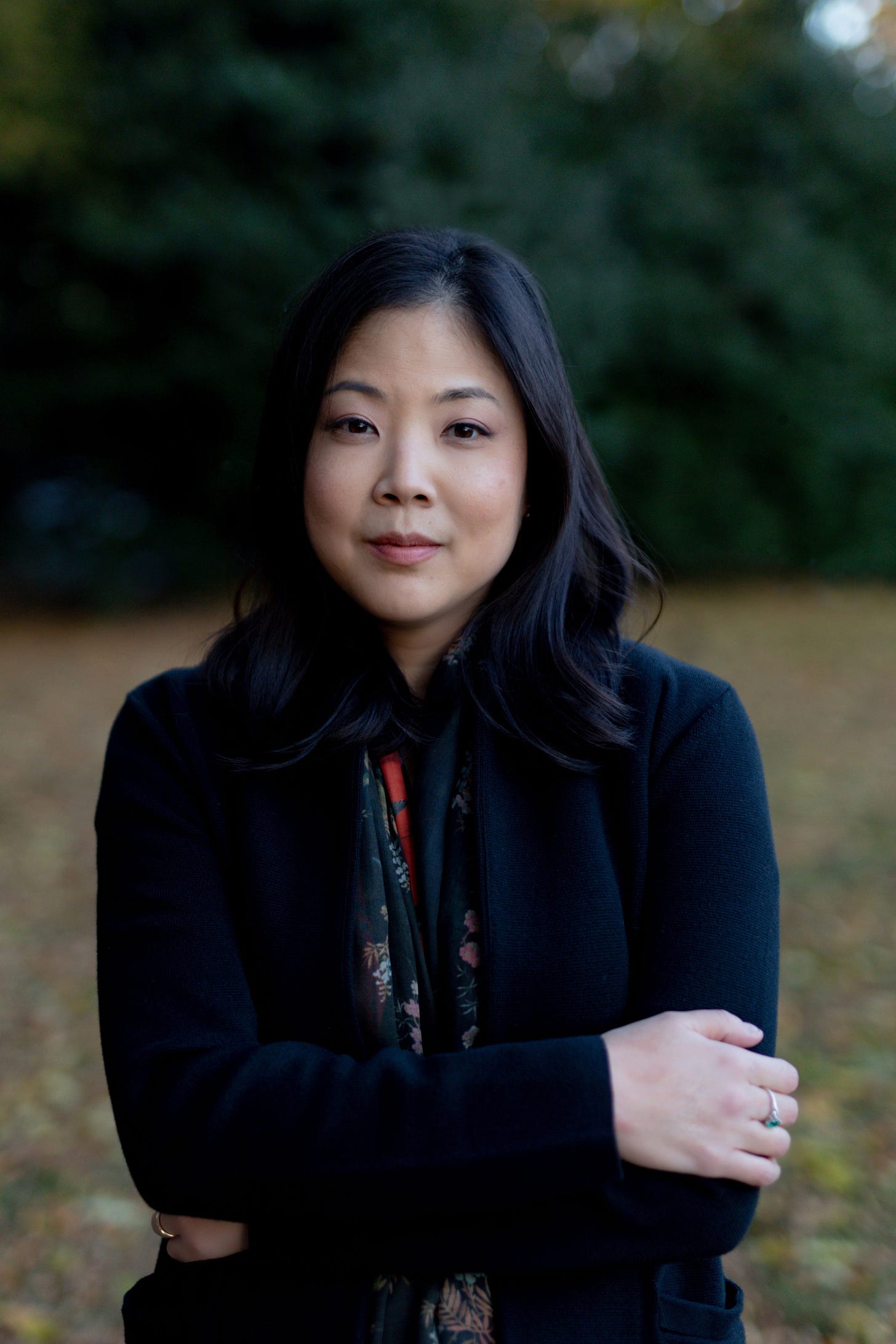A Place of Care: In Conversation with Nicole Chung
A portrait of grieving under capitalism, finding belonging, and writing without fear
Intimate conversations with our greatest heart-centered minds.
Nicole Chung is as tenderhearted as she is fiercely loyal. She’s also wildly smart, wildly insightful, and an exquisitely gifted writer. Her debut memoir All You Can Ever Know (2018) was a national bestseller and landed on the Best Book Of The Year lists of NPR, The Washington Post, Time, Library Journal, amongst others. Adopted by a white family as a baby, the book chronicles Nicole’s search for her Korean birth family—and all that she loses and gains along the way.
Nicole’s latest memoir, A Living Remedy, hailed a “A Most Anticipated Book of 2023,” tells the crushingly sad and often infuriating story of the death of first her father and then her mother. Beautifully braided through the intimate family remembrances are indictments of American class and healthcare systems.
After a lifetime of hard work and devotion to his family and community, Nicole’s father dies far too young of diabetes and kidney disease—both of which were treatable had he been able to receive proper healthcare years before. While still deep in grief, Nicole’s mother is diagnosed with inoperable cancer. Living on opposites sides of the country, the outbreak of the pandemic prevents them from being together during her mom’s final months.
The book is a testament to a daughter’s profound love for her parents when all the safety nets, flimsy to begin with, have been stripped bare. The writing is elegant, restrained and deeply loving yet also wide-eyed and tireless in its examination of grieving as well as the government’s responsibility to care for its citizens. In its essence, it’s a book of hope.
It was such a pleasure to speak with Nicole who kindly carved out time whilst healing from Covid.
Nicole’s Advice on Craft
Don’t miss Nicole describing her new way of writing: from the body. “You can only say I was heartbroken or devastated or even grieving so often before those words start to lose meaning.” For more, stick with us until the end of the interview.
There’s so much talk about the grieving process these days. But what does that look like in a practical sense? How does one grieve?
When my father died in 2018, I fell into a deep depression. There are months that are lost to me. A couple of months after he had died, we moved houses; I don't remember packing or unpacking in our new home—and I normally have a very good memory. I’d not experienced deep loss like that before. I didn't feel motivated to do anything, I found the everyday tasks of living hard, and sometimes I didn't want to be alive. I thought that was just what grief was. Of course, it can include those things. But in my case, I think a lot of the depression stemmed from the fact that part of me was holding back from grieving because it was so painful.
I was also wrapped up in self-blame, this feeling that I should have been able to do more for him; I should have been able to save him. His death wasn’t inevitable. It was hastened by financial precarity and lack of access to healthcare. I knew I wasn't responsible for those structural failings, but as his daughter and his only child, it was very hard to accept what I’d not been able to do for him.






